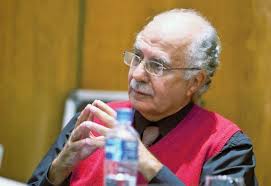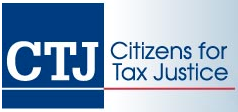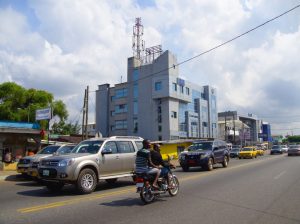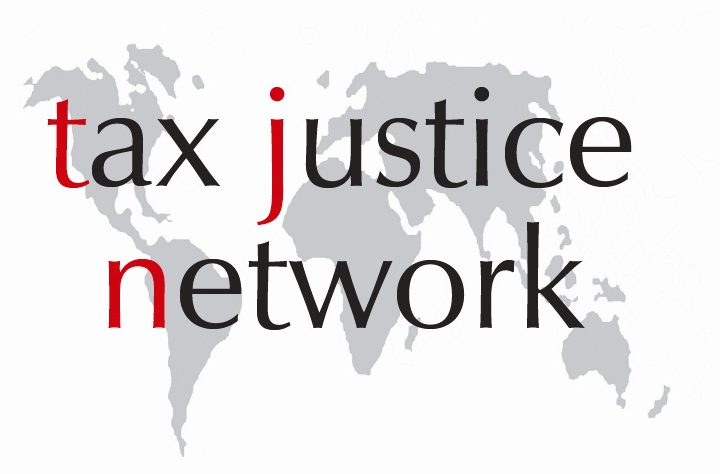The UK government has failed to deliver a decisive blow against financial secrecy at its Anti-Corruption Summit. David Cameron failed to convince or compel leaders of British overseas territories and crown dependencies to end their hidden ownership vehicles, despite having called for such a move for more than a year. But despite this climbdown, it’s clear that momentum is growing for the key transparency measures that will ultimately curtail global corruption.
About that climbdown though, let’s be crystal clear what happened: the UK has decided, explicitly, in an Anti-Corruption Summit in the wake of the extraordinary Panama Papers revelations, not to hold its Overseas Territories and Crown Dependencies to a standard that Afghanistan, Kenya and Nigeria just met.
Let’s hear no more about corruption as a developing country problem.
Starting points
The last time the UK hosted a major summit, the 2013 G8, David Cameron’s government led from the front in helping to establish the Tax Justice Network’s three longstanding policy proposals as the global policy agenda: public registers of beneficial ownership; multilateral and automatic exchange of financial information; and public, country-by-country reporting by multinationals.
Three years later, none of them have been delivered in full, and there are concerns about the exclusion of developing countries from the progress that has been made; but the world had changed. Our director of research was sufficiently impressed to refer to it as the ‘end of the beginning‘ for progress against financial secrecy.
Since then, the UK has committed to a public register of the beneficial ownership of companies, which will be delivered next month. One hundred and one countries have signed up for the new multilateral standard for automatic exchange of information – leaving the US as the only significant financial centre outside the deal; although serious (and initially non-reciprocal) inclusion of developing countries is still needed.
The OECD has created a pretty good first go at a standard for country-by-country reporting, which is now coming into force around the world. The data is currently private to tax authorities, but……..
After the progress that had been made, the agenda for the anti-corruption summit was clear: deliver as much as possible of what still remains. Here’s a link to our pre-summit assessment guide; and here’s how the event fared on these three main asks:
1. Make country-by-country reporting public
Some progress here: 12 countries ‘will support the development of a global commitment for large multinational enterprises to publicly disclose tax information on a country-by-country basis’. If we see the glass as half-full, this is good, positive momentum towards the end-goal that everyone can see we’ll reach – and probably relatively soon. If the glass is half-empty? Well, it’s easy to commit to do something when there is global agreement. Especially if you don’t really want to do it. And they should have specified that they would publish the OECD standard data. But overall, this is a small, positive step.
2. Include the US and (non-reciprocally) developing countries in automatic information exchange
Nothing. Seriously. John Kerry spoke about the dangers of financial secrecy, without making a single commitment that would curtail the rise of Tax Haven USA as the biggest emerging global threat. And nothing of any significance on the need for developing country inclusion.
3. Establish public registers of beneficial ownership of companies, trusts and foundations, in the UK and its dependent territories at a minimum; and in as many of the 40-odd participating jurisdictions as possible.
The good news is that five countries (Afghanistan, France, Kenya, Netherlands and Nigeria) committed to public registers – in the French case the commitment included trusts and foundations. The increasing momentum here is rapidly establishing *public* ownership data as the international norm. We confidently expect to see many more commitments follow from others.
The bad news is that the UK’s Overseas Territories and Crown Dependencies have comprehensively failed to meet the standard set by the UK. That was the absolute minimum, and entirely within the UK government’s hands to deliver.
In truth, the UK and its territories also need to meet the same transparency for trusts and foundations, since the former are so important to the old empire’s secrecy offering. But as we noted yesterday, David Cameron had already signalled the major climbdown in Parliament – responding to a question on his intentions for the summit with the retort that all the territories were going to have ‘central registers’: that is, central as opposed to public registers.
In the aftermath of the Panama Papers, nobody can seriously maintain that closed records held privately can be expected to reveal the necessary information to law enforcement or tax authorities when required. This is simply a recipe for bad data (deliberately and in error), only to be uncovered when it’s actually needed. The only verification process in which confidence in data quality can be broadly maintained is the scrutiny that comes from many eyes – from fully public, and indeed open data.
By continuing to resist that, in order presumably to protect the secrecy business of the UK territories, David Cameron has turned his back on the transparency legacy of 2013. This critical failure of the summit today seems to indicate instead that his government will ultimately support the UK secrecy model; for there could have been no possible better opportunity than this summit, in the wake of the Panama Papers, to take the decisive step necessary.
Postscript: In news unrelated to the Anti-Corruption Summit, the Electoral Commission announced today that they were taking Cameron’s Conservative party to the High Court for failure to disclose documents and information.















 In January we blogged our
In January we blogged our